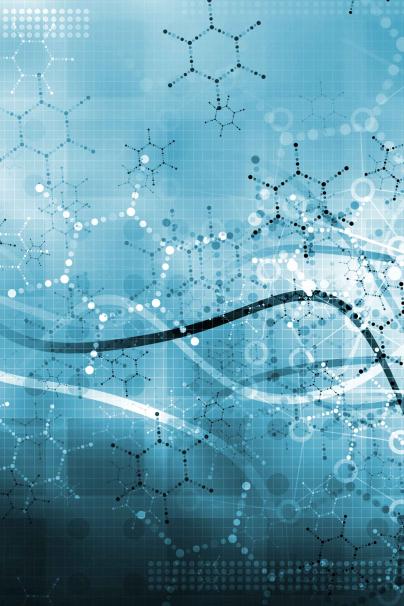
Biography
Adam Elliston is the Automation Specialist at the Earlham DNA Foundry. The Foundry provides the UK bioscience community access to automated platforms for nano-scale modular DNA assembly, verification and delivery to plant and microbial cells. It is also able to serve as a repository for large collections of DNA parts.
Adam is a biotechnologist with a background in liquid handling and automation. His PhD was in biotechnology and biorefining from the University of East Anglia, UK where his thesis was focussed on converting municipal solid waste in to biofuels and platform chemicals.
He continued this work in the Biorefinery Centre at the Quadram Institute, UK working on high throughput screening methodologies for yeast fermentation, DNA extraction and second-generation biofuel production.
Adam’s background in automation comes from his bachelor’s degree in Cybernetics and Control Engineering from the University of Reading, UK and he has over 10 years’ experience working in biotechnology both at laboratory and small industrial scale.
Publications
Related reading.
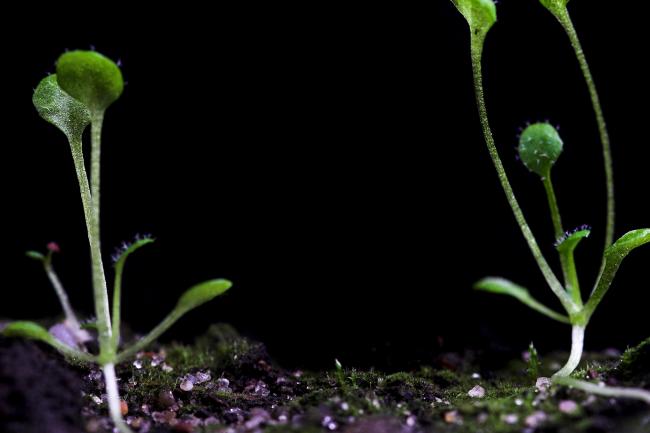
Light-up plants and tunable roots signal new solutions for climate crisis

How the latest platforms are scaling-up our impact in aquaculture

The fish, the fungus, the grass, the bee - and the brassica

COPO: providing context through metadata

Standout innovation contributes to knowledge exchange
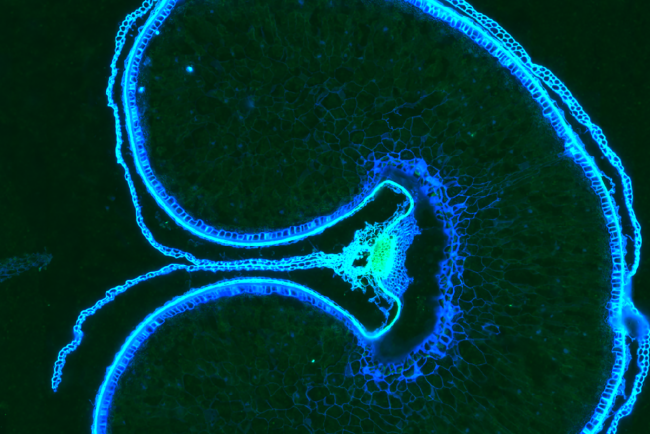
Applying spatial transcriptomics in plants
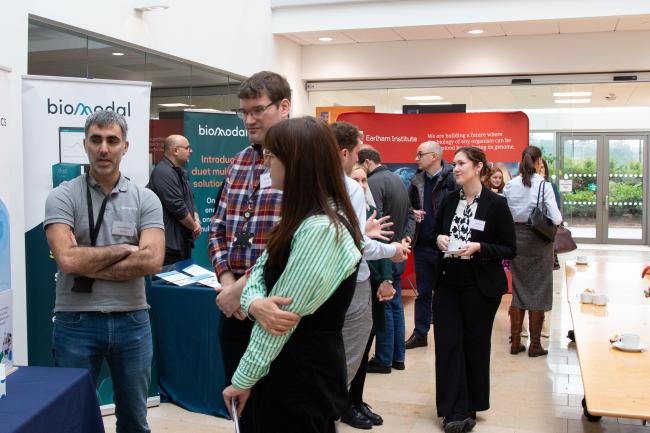
Collaborating for our future
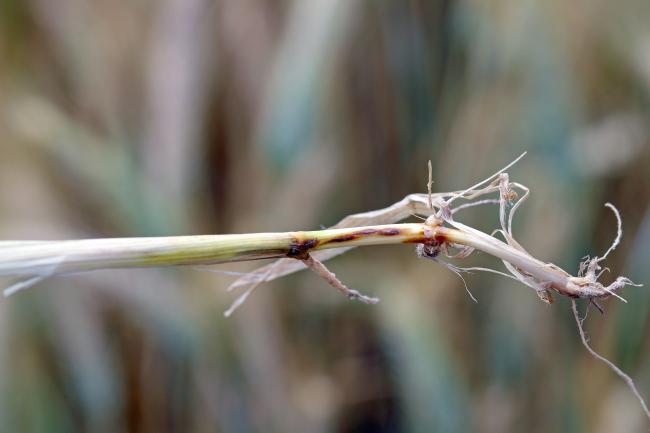
Focus on fungi helps fight global threat to our food
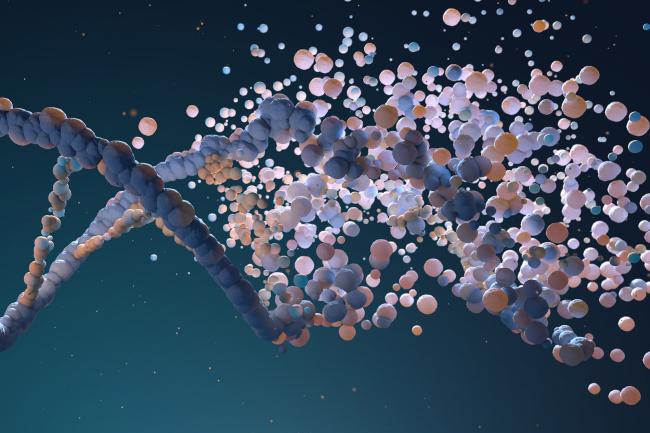
New genome assembly finds yeast variant is distinct species

Science and Technology Secretary announces Engineering Biology investment

Identifying criminals from a single cell
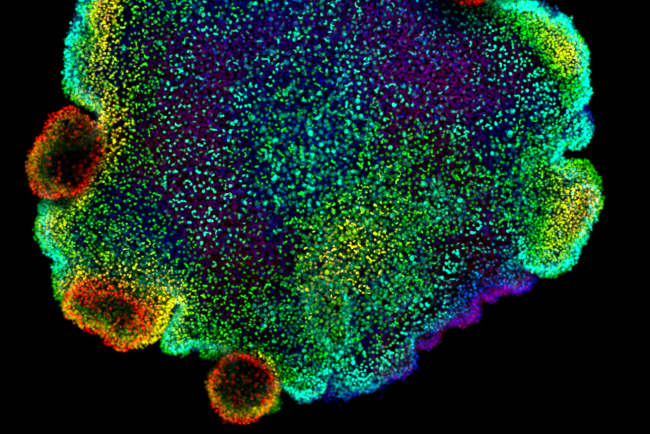
£3m funding for project to chart cellular diversity on Earth

Mysterious microbiomes to get makeover under transformational £5.4M grant
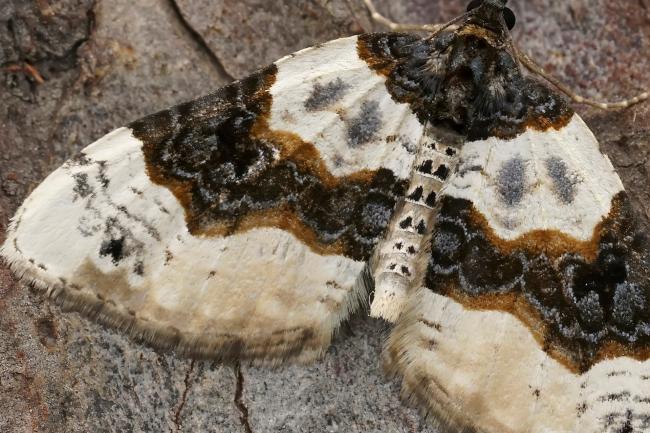
Purple Bar moth is 1,000th species sequenced in landmark project
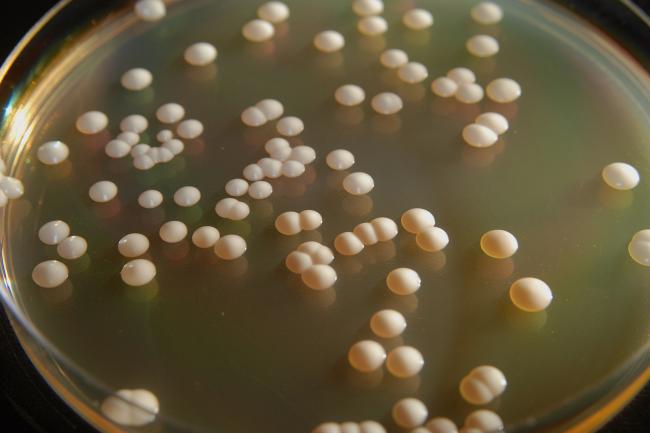
Scientists one step closer to rewriting world’s first synthetic yeast genome




